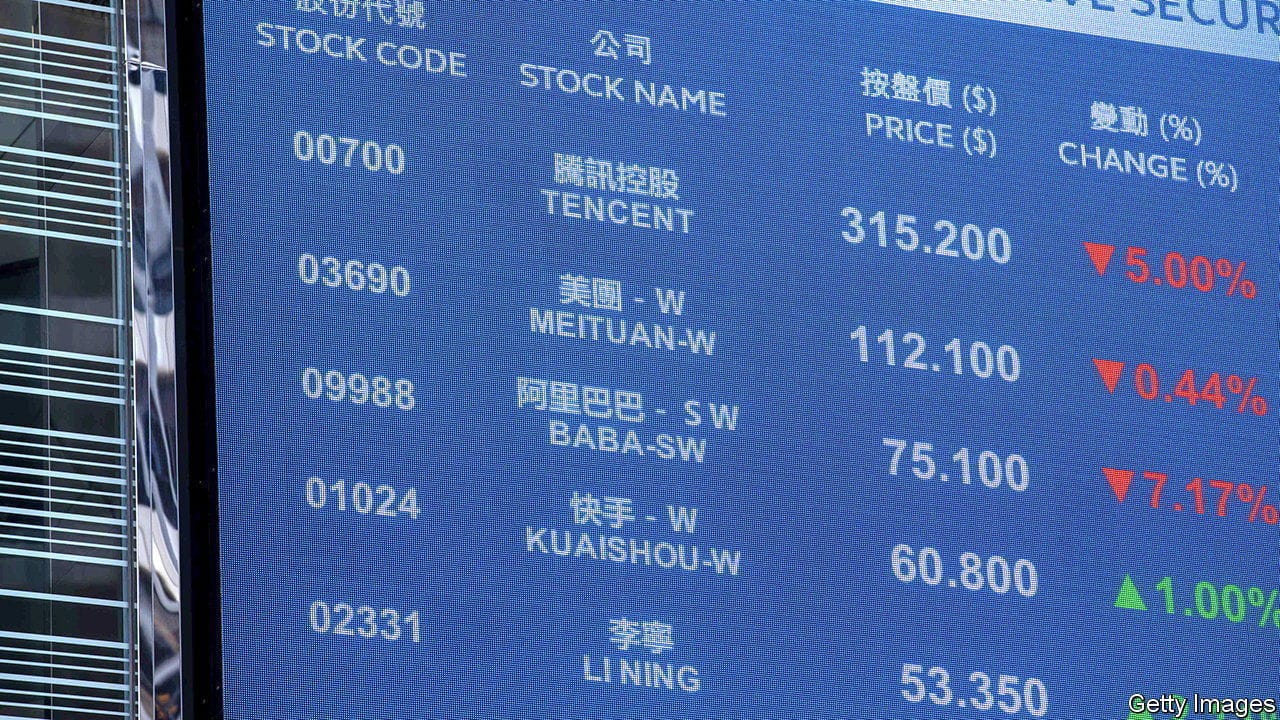- by Yueqing
- 07 30, 2024
-

-
-
Loading

Loading


ON MAY 3RD investors in Chinese stocks woke up to the news that Jack Ma, the co-founder of e-commerce giant Alibaba, had been arrested on national-security charges. Or so many of them thought. State media were reporting that a tech worker with the surname Ma had been detained in the city of Hangzhou. The description seemed to fit that of the billionaire tech magnate, whose companies are based in Hangzhou and have been subject to a regulatory onslaught over the past year. The speculation, it rapidly turned out, was wrong (Ma is a common family name in China). But not before Alibaba shares dipped 9%, temporarily wiping out more than $25bn in the firm’s market value.The incident shows how fragile market sentiment has become in China. Beijing’s unpredictable, often-shocking policy swerves in recent years have made it all the more conceivable that the country’s most prominent entrepreneur could suddenly be accused of attempting to “split the country and subvert the state”. President Xi Jinping’s increasingly ideological campaign to rid China of the Omicron variant of covid-19 is threatening to throttle economic growth this year. His unwavering support for Russia, even as Vladimir Putin commits war crimes in Ukraine, has further fuelled the perception that the country’s leaders, once known for their pragmatism, are faltering.